Our Shea Butter Organic is obtained by cold pressing the seeds of the karite tree (and then refined). Our shea butter is a creamy white solid that is ultra-refined and has a neutral scent. No chemicals have been used to process our shea butter.
Our Shea Butter melts as soon as it comes in contact with the skin making it excellent for use in lip balm and in lotions.
What is Shea Butter Organic?
Shea Butter Organic is fat extracted from the nuts of the shea tree. It is solid at warm temperatures and has an off-white or ivory color. Shea trees are native to West Africa, and most shea butter still comes from that region.
Shea Butter has been used as a cosmetic ingredient for centuries. Its high concentration of vitamins and fatty acids – combined with its easily spreadable consistency – make it a great product to smooth, soften and condition your skin.
Organic Shea Butter is safe for all skin types
Shea Butter is technically a product of nuts. But unlike most nut products, it contains little protein that can cause allergies. In fact, there is no medical literature demonstrating an allergy to local Shea Butter. Shea butter contains no chemical irritants that dry out the skin, and does not clog pores. It is suitable for almost every skin type.
Organic Shea Butter is moisturizing
Shea Butter is usually used for its moisturizing effects. These benefits are associated with shea’s fatty acid content, which includes linoleic, oleic, stearic and palmitic acids. When you apply shea topically, these oils are quickly absorbed into your skin. They act as a “refatting” agent, restoring lipids and creating moisture quickly. This restores the barrier between your skin and the outside world, keeping moisture in and reducing the risk of dehydration.
Shea Butter does not make your skin oily
Shea Butter contains high levels of linoleic and oleic acids. These two acids keep each other in balance. This means that shea butter can easily be fully absorbed by your skin and your skin will not look greasy after application.
Shea Butter is anti-inflammatory
The plant esters of shea butter have been found to have anti-inflammatory properties. When shea butter is applied to the skin, it prompts cytokines and other inflammatory cells to slow their production. This can help reduce irritation from environmental factors, such as dry weather, and inflammatory skin conditions, such as eczema.
It is an antioxidant
Shea Butter contains significant amounts of vitamins A and E, which means it promotes strong antioxidant activity. Antioxidants are important anti-aging agents. They protect your skin cells from free radicals that can lead to premature aging and dull-looking skin.
It is antibacterial
A 2012 study suggests that oral doses of shea bark extract may lead to reduced antimicrobial activity in animals.Although more research is needed, this could indicate possible antibacterial benefits in humans.Therefore, some speculate that topical application may reduce the amount of acne-causing bacteria on the skin.
Shea Butter is antifungal
Shea tree products have been found to be powerful ingredients to fight skin infections caused by fungi. While shea butter may not be able to treat every type of fungal infection, we know that it kills spores from the fungi that cause ringworm and foot fungus.
Shea Butter can help prevent acne
Shea Butter is rich in several types of fatty acids. This unique formulation helps rid your skin of excess oil (sebum). At the same time, shea butter restores the skin’s moisture level and locks it into the epidermis, so the skin does not dry out or feel stripped of oil. The result is a restoration of the natural balance of oils in your skin – which can help stop acne before it starts.
It helps stimulate collagen production
Shea butter contains triterpenes. These naturally occurring chemical compounds are thought to deactivate the destruction of collagen fibers. This can minimize the appearance of fine lines and result in fuller skin.
Shea butter helps promote cell regeneration
Shea’s moisturizing and antioxidant properties work together to help your skin produce healthy new cells. Your body is constantly making new skin cells and getting rid of dead skin cells. You get rid of between 30,000 and 40,000 old skin cells every day. Dead skin cells are at the top. New skin cells form on the underside of the top layer of skin (epidermis). With proper moisture balance on the surface of your skin, you have fewer dead skin cells that interfere with the regeneration of new cells in the epidermis.
It can help reduce the appearance of stretch marks and scars
Shea butter is thought to stop the reproduction of keloid fibroblasts – scar tissue – while encouraging healthy cell growth to take their place.
This can help your skin heal, making stretch marks and scars less visible.
Shea Butter can help reduce fine lines and wrinkles. By stimulating collagen production and promoting the production of new cells, shea butter can help reduce what researchers call “photoaging” – the wrinkles and fine lines that can appear on the skin due to environmental stress and aging.
Recommended use:
Lotions & Creams: 3-5%
Cream’s: 5-100%
(CP) Soap: 3-6%.
Origin: Benin, Burkina Faso
INCI: Butyrospermum Parkii (Shea Butter) Fruit
Frequently asked questions about Shea butter – refined
What is the INCI of Shea Butter – Refined?

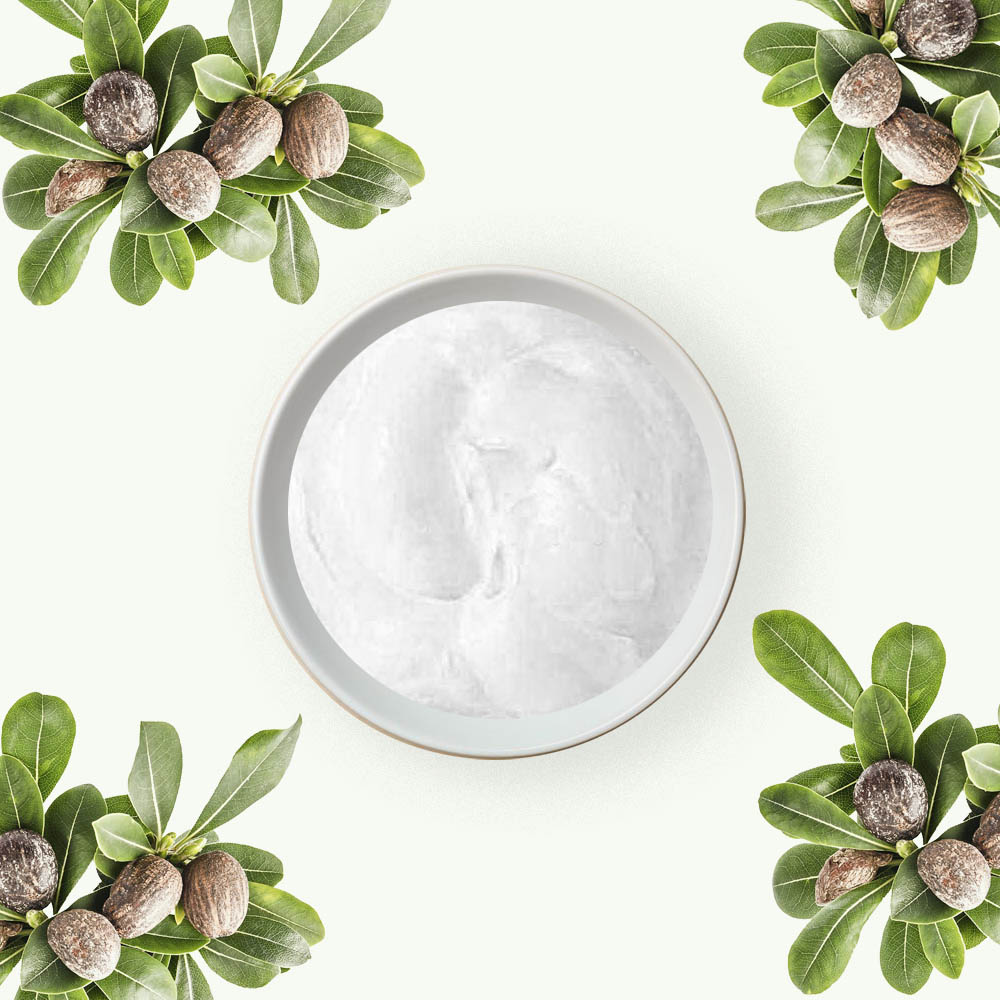
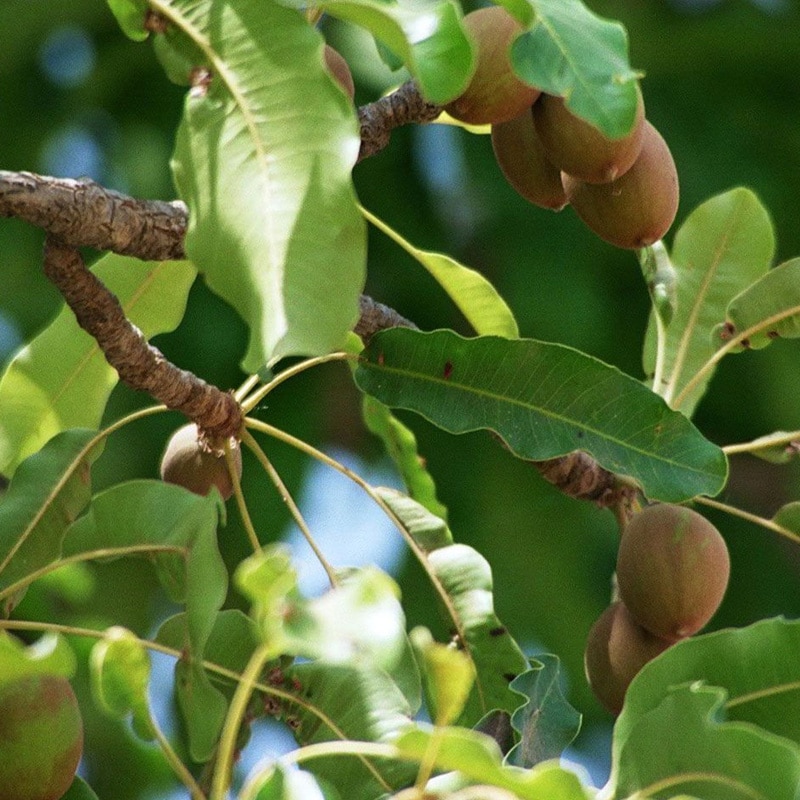
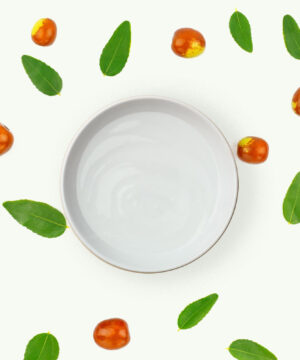

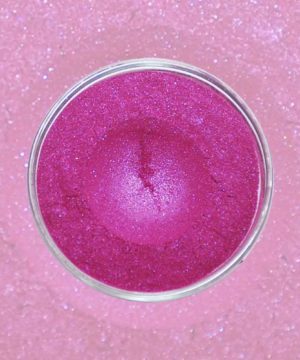
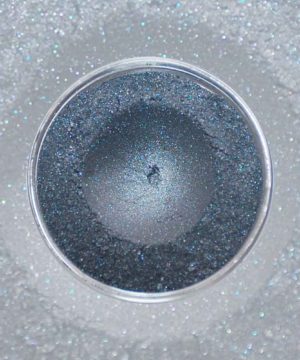
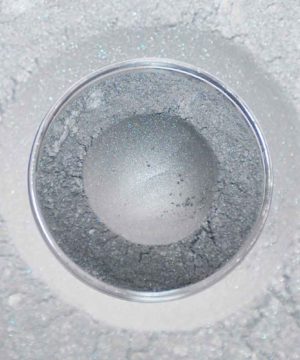
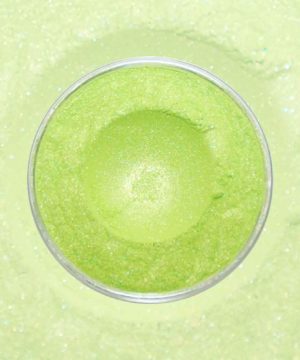
Reviews
There are no reviews yet.